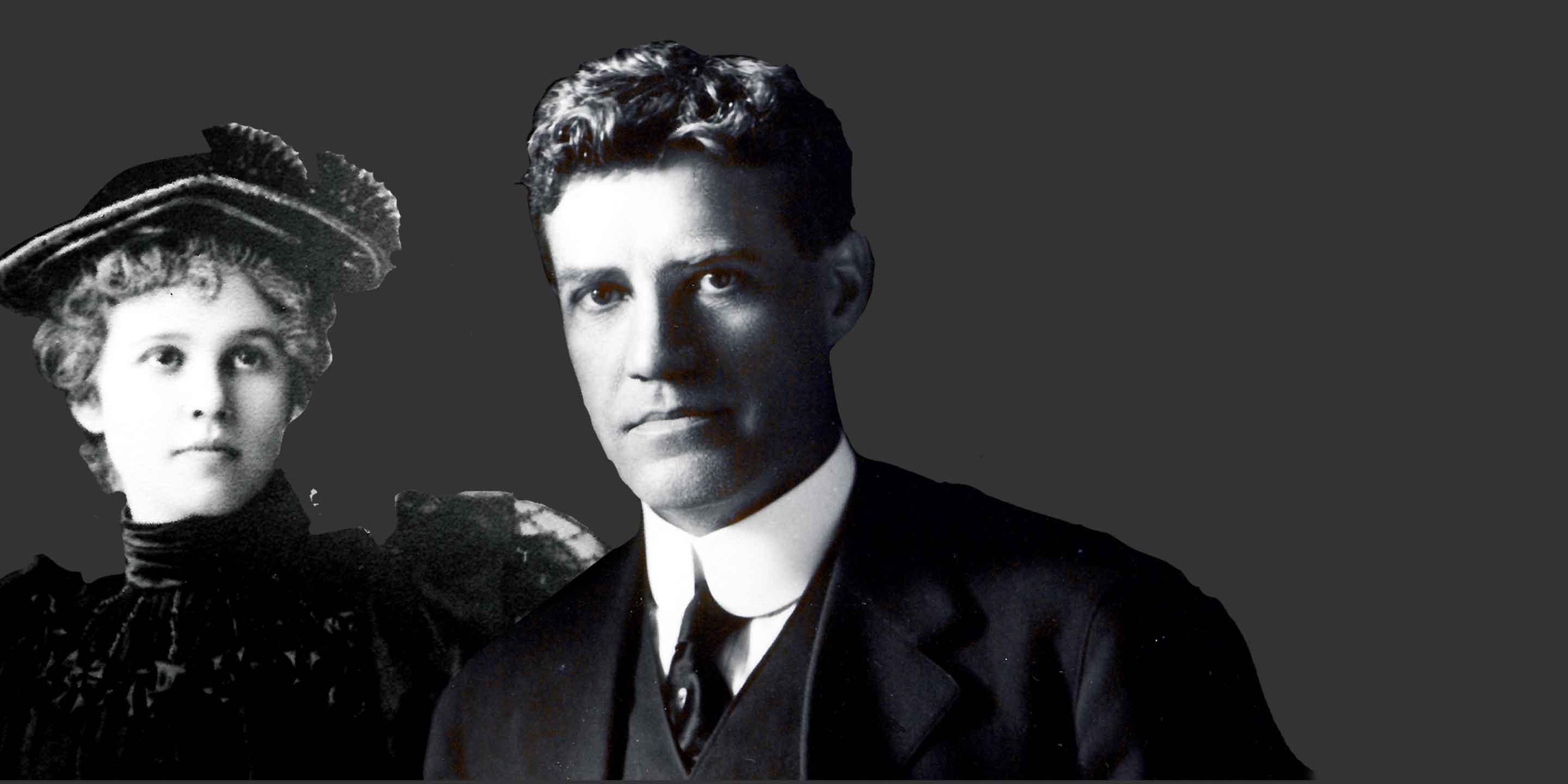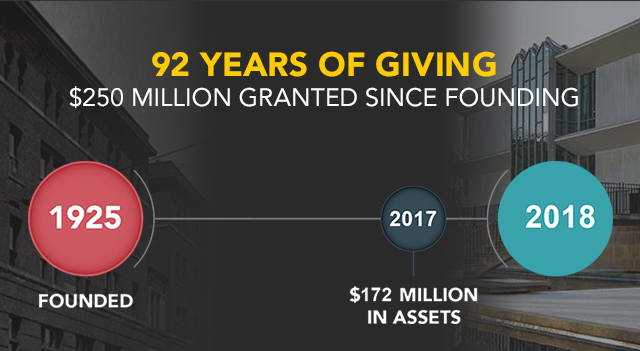
LETTER FROM
THE PRESIDENT
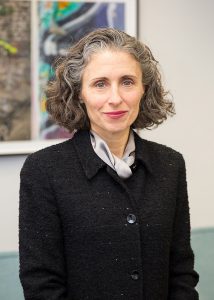 Dear Friends,
Dear Friends,
As I reflect on the past two years at the McGregor Fund, the grantmaking framework rolled out in 2017 strikes me as both reflective of our founders and aligned with contemporary thought leadership. This past May, the US Partnership on Mobility from Poverty wrapped up a two-year research initiative to answer the question: What would it take to dramatically increase mobility from poverty? Staffed by the Urban Institute and funded by the Bill and Melinda Gates Foundation, it brought together some of the social sector’s leading doers and thinkers to learn together from research and practice, site visits and direct community input. (You can read about the Partnership, its takeaways here.)
Early on, the Partnership clarified its vision of mobility from poverty and articulated three underlying principles: “that people achieve a reasonable standard of living [1] with the dignity that comes from having power over their lives [2] and being engaged in and valued by their community.” [3] I was heartened by this language, which captures the principles that guided our founders, Tracy and Katherine McGregor, and the spirit of our current grantmaking priorities.
While the Partnership’s findings did not include any silver bullets, it landed on five key strategies for supporting and accelerating mobility from poverty. Two of these strategies, provide support that empowers and transform data use, particularly affirm how the McGregor Fund is working today.
The Fund’s three focus areas – basic needs, recovery and restoration, and skill building – align with the Partnership’s call for service delivery systems that empower people by taking a “whole person” approach. Since revising our grantmaking framework in February of last year, we’ve come to more deeply appreciate that the causes and consequences of poverty are multi-faceted and affect nearly every aspect of a person’s life. “Whole person” approaches wrap around the individual, and provide meaningful, holistic opportunities that address multiple barriers and promote a sense of self-agency. They challenge traditional top-down, fragmented service delivery, which can be overly prescriptive and difficult for individuals to navigate, and there is mounting evidence that whole-person approaches are what works.
Unique for a private foundation of our size, the Fund is also contributing meaningfully to a number of community conversations around data utilization, and offering thought partnership to grantees who are trying to improve their internal performance measurement capability.
Perhaps most important, I’d offer that the findings from the Partnership affirm much of the superb work underway in our local community, some of which the Fund has the privilege to support. While it is important to learn from national work – in this case led by some of the country’s leading intellectuals, practitioners and policy minds – sometimes we also appreciate confirmation about the quality and direction of local efforts.
With gratitude,

Kate
LETTER FROM
THE PRESIDENT
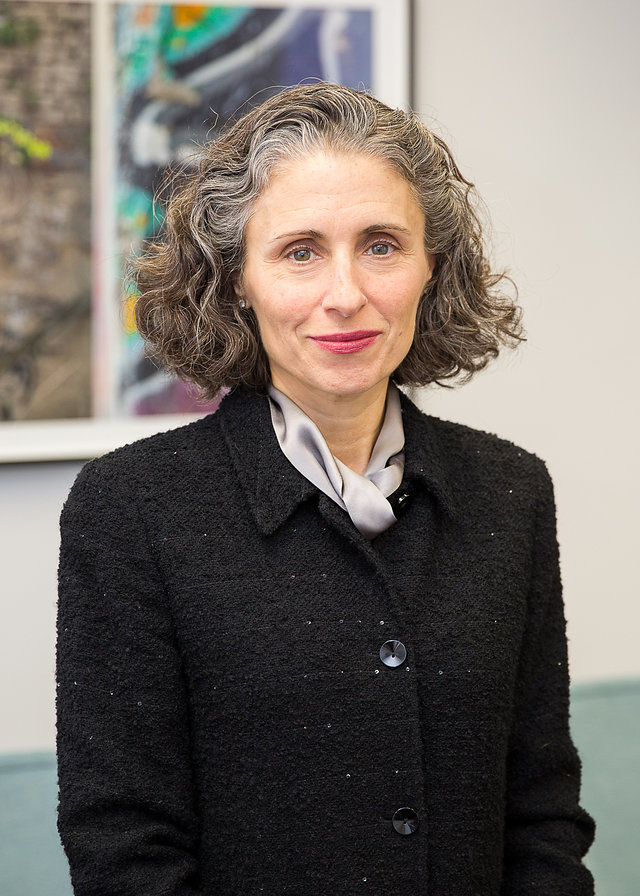
Dear Friends,
As I reflect on the past two years at the McGregor Fund, the grantmaking framework rolled out in 2017 strikes me as both reflective of our founders and aligned with contemporary thought leadership. This past May, the US Partnership on Mobility from Poverty wrapped up a two-year research initiative to answer the question: What would it take to dramatically increase mobility from poverty? Staffed by the Urban Institute and funded by the Bill and Melinda Gates Foundation, it brought together some of the social sector’s leading doers and thinkers to learn together from research and practice, site visits and direct community input. (You can read about the Partnership, its takeaways here.)
Early on, the Partnership clarified its vision of mobility from poverty and articulated three underlying principles: “that people achieve a reasonable standard of living [1] with the dignity that comes from having power over their lives [2] and being engaged in and valued by their community.” [3] I was heartened by this language, which captures the principles that guided our founders, Tracy and Katherine McGregor, and the spirit of our current grantmaking priorities.
While the Partnership’s findings did not include any silver bullets, it landed on five key strategies for supporting and accelerating mobility from poverty. Two of these strategies, provide support that empowers and transform data use, particularly affirm how the McGregor Fund is working today.
The Fund’s three focus areas – basic needs, recovery and restoration, and skill building – align with the Partnership’s call for service delivery systems that empower people by taking a “whole person” approach. Since revising our grantmaking framework in February of last year, we’ve come to more deeply appreciate that the causes and consequences of poverty are multi-faceted and affect nearly every aspect of a person’s life. “Whole person” approaches wrap around the individual, and provide meaningful, holistic opportunities that address multiple barriers and promote a sense of self-agency. They challenge traditional top-down, fragmented service delivery, which can be overly prescriptive and difficult for individuals to navigate, and there is mounting evidence that whole-person approaches are what works.
Unique for a private foundation of our size, the Fund is also contributing meaningfully to a number of community conversations around data utilization, and offering thought partnership to grantees who are trying to improve their internal performance measurement capability.
Perhaps most important, I’d offer that the findings from the Partnership affirm much of the superb work underway in our local community, some of which the Fund has the privilege to support. While it is important to learn from national work – in this case led by some of the country’s leading intellectuals, practitioners and policy minds – sometimes we also appreciate confirmation about the quality and direction of local efforts.
With gratitude,

Kate
FINANCIALS
HISTORICAL McGREGOR FUND
GRANTMAKING vs. ENDOWMENT GROWTH
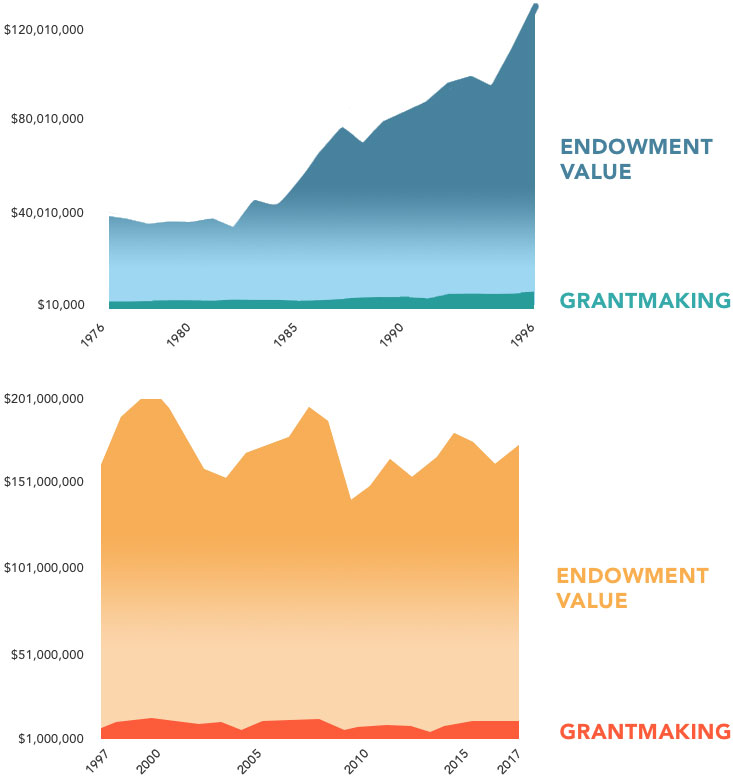
For the last 20 years, McGregor Fund has continued to sustainably infuse charitable capital into the Detroit community through skillful leveraging of our founders’ original contributions, all while expanding the endowment.
FINANCIALS
HISTORICAL McGREGOR FUND GRANTMAKING vs. ENDOWMENT GROWTH

For the last 20 years, McGregor Fund has continued to sustainably infuse charitable capital into the Detroit community through skillful leveraging of our founders’ original contributions, all while expanding the endowment.


